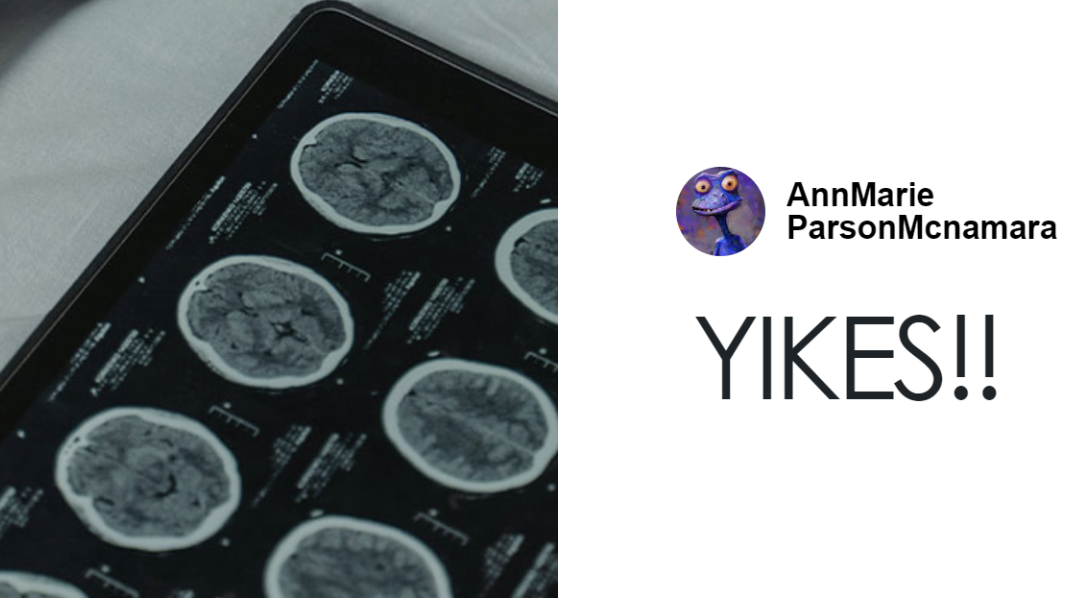
A 52-year-old man from Florida suffered from severe migraines for four months. Despite trying various medications, his migraines persisted. After conducting tests, doctors discovered that he had a parasitic infection in his brain. This case, as reported in the American Journal of Case Reports, sheds light on the dangers of consuming undercooked bacon.

Uncovering the Source of the Infection
When doctors inquired about the man’s diet, they made a crucial connection. The patient admitted to regularly eating lightly cooked, non-crispy bacon throughout his life. It was this habit that led to his diagnosis of neurocysticercosis, a condition caused by a pork tapeworm infection.
The report indicates that such cases in the United States are extremely rare. Typically, neurocysticercosis is associated with classic exposures or travel to high-risk areas. However, this patient’s case was different, emphasizing the importance of recognizing the risks associated with undercooked pork consumption.
Understanding Neurocysticercosis
Neurocysticercosis is a parasitic infection of the brain, most commonly found in Latin America, India, Africa, and China. It is a leading cause of epilepsy in these regions. The infection occurs when tapeworm eggs are consumed through undercooked food, particularly pork, or contaminated water. Poor hygiene practices can also contribute to the transmission of the infection.
The strong connection between the consumption of pork and neurocysticercosis is evident. Countries that have banned pork consumption have almost eliminated the disease. This highlights the importance of proper food handling and hygiene practices.
Autoinfection and Treatment
The Florida man likely contracted the infection through a process known as “autoinfection.” This occurs when one ingests undercooked bacon containing larval cysts, leading to an intestinal tapeworm infection (taeniasis). Improper handwashing allows the tapeworm eggs excreted in feces to be ingested again, resulting in neurocysticercosis.
The patient underwent treatment with antiparasitic and anti-inflammatory medications. However, it is unclear whether his symptoms subsided. Neurocysticercosis commonly causes seizures and headaches but can also lead to other issues such as confusion, difficulty with balance, and excess fluid around the brain. Treatment options include antiepileptic medications, antiparasitic medications, and surgery to remove cysts or redirect brain fluid.
Staying Safe and Informed
This case serves as a reminder for everyone, especially those in the 45-65 age range, to be cautious about their dietary choices. Properly cooking meat, especially pork, is crucial to prevent foodborne illnesses and parasitic infections. By adhering to safe food practices and maintaining good hygiene, individuals can minimize the risk of encountering such rare and potentially dangerous conditions.





